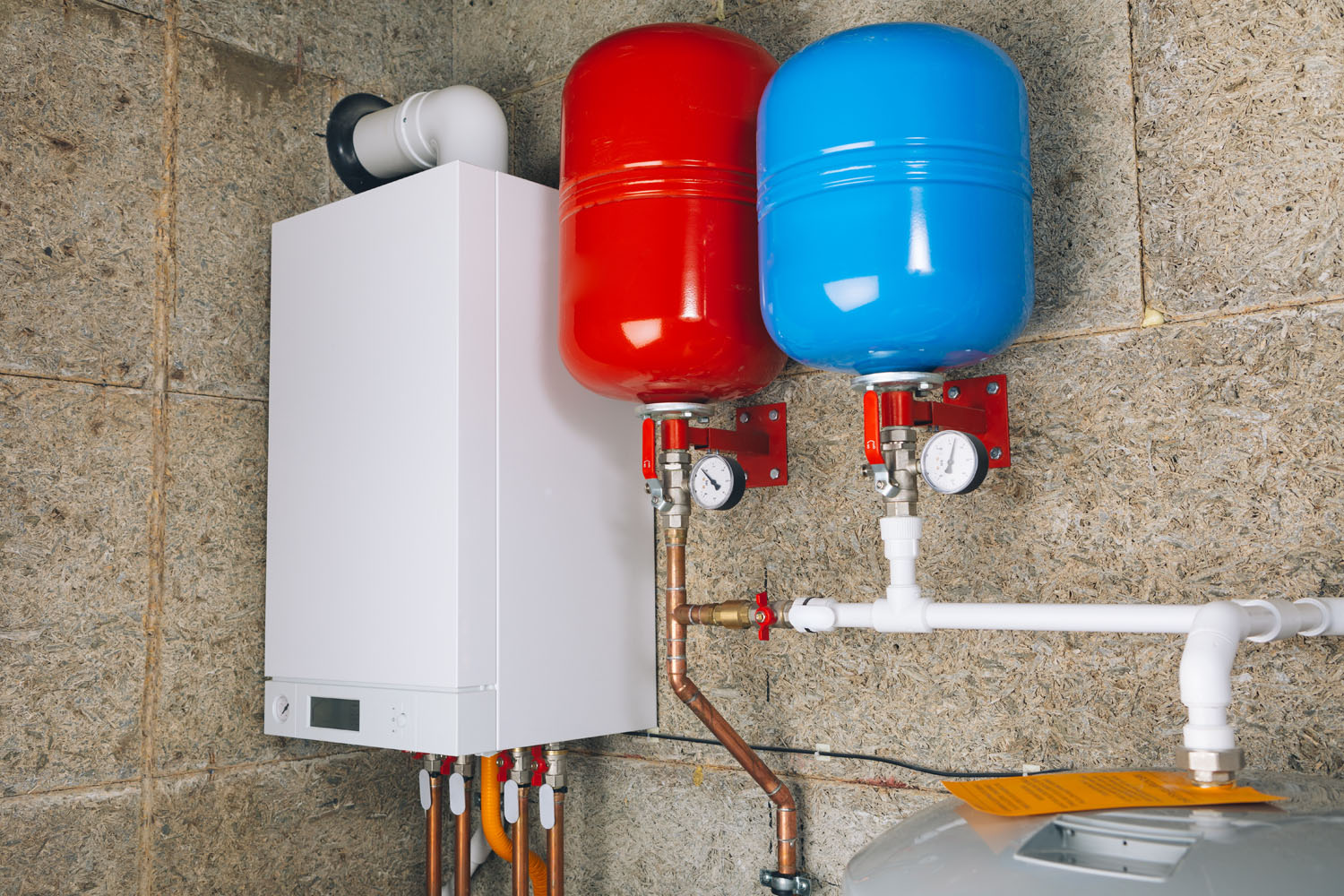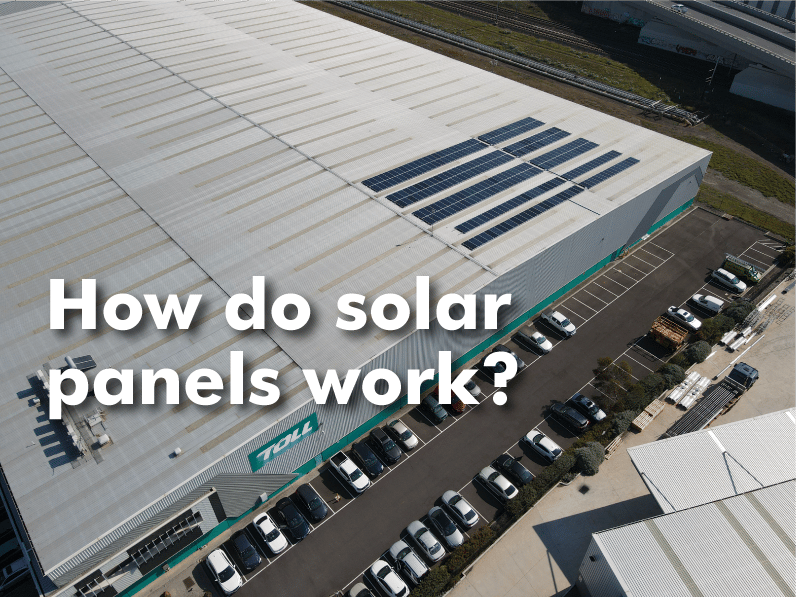When it comes to air conditioning, bigger isn’t always better. Properly sizing your air conditioning system is critical to ensuring your home stays comfortable without wasting energy. An air conditioner that’s too small will struggle to cool your home, while one that’s too large will cycle on and off frequently, leading to inefficient performance and higher energy bills. Let’s explore why correct sizing is so important and how to ensure your system is appropriately sized.
Why Proper Sizing Matters
- Comfort: An undersized air conditioner won’t have the capacity to cool your home effectively, leaving you uncomfortable during hot summer days. On the other hand, an oversized system will cool the air too quickly without removing sufficient humidity, leading to a clammy and uncomfortable environment.
- Energy Efficiency: Properly sized air conditioners operate more efficiently, using less energy to cool your home. If the system is too large, it will cycle on and off more frequently, wasting energy and putting unnecessary wear and tear on the unit. An undersized unit will have to run continuously, driving up energy costs.
- Longevity: A correctly sized air conditioner will last longer because it operates within its intended capacity. Overworking an undersized system can cause it to wear out prematurely, while the constant cycling of an oversized unit can lead to more frequent repairs and a shorter lifespan.
- Humidity Control: One often overlooked aspect of air conditioning is humidity control. A properly sized system will dehumidify the air as it cools, making your home feel more comfortable. An oversized unit, however, may cool the air too quickly without running long enough to remove moisture, leaving the air feeling damp.
How to Determine the Right Size for Your Air Conditioner
To determine the correct size for your air conditioner, a professional HVAC technician will perform a load calculation. This involves assessing several factors, including:
- Home Size and Layout: The square footage of your home is one of the most important factors in determining the size of your air conditioner. Larger homes require more cooling capacity, but the layout also matters. Open-concept homes may require different systems than homes with lots of small, enclosed rooms.
- Insulation Levels: Well-insulated homes retain cool air better, meaning you may not need as large a system. If your home lacks proper insulation, you may need a larger unit to compensate for heat loss or gain.
- Window Size and Placement: The number, size, and location of windows in your home can affect how much heat enters your space. Large windows or windows that face the sun can increase the cooling load.
- Local Climate: In Victoria’s climate, where summers can be hot, you’ll need a system that can handle peak heat loads without being oversized. A local HVAC professional will consider temperature patterns in your area when sizing your system.
- Occupancy and Usage: The number of people living in your home and how frequently rooms are used will also influence the size of your air conditioner. Areas that experience heavy usage, such as living rooms or home offices, may require more cooling capacity.
Conclusion
Proper air conditioning sizing is critical to ensuring your system operates efficiently, maintains your comfort, and lasts for years to come. Rather than relying on guesswork, it’s essential to have a professional HVAC technician perform a load calculation to determine the correct size for your home. A well-sized system will not only improve your comfort but also save you money on energy bills and reduce the need for repairs.







